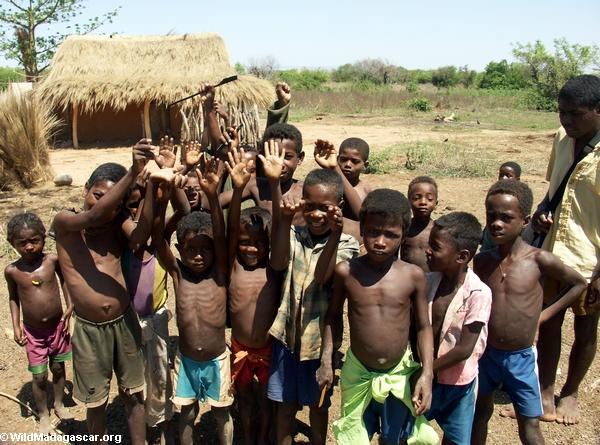bulldogg
Milforum's Bouncer
I'd rather be a "poor" person in the US than one of the truly poor in Indonesia, Sri Lanka, India, Pakistan, Nepal, Bangladesh, Malaysia,
Cambodia, Laos, Vietnam, China, North Korea, Nauru, Bhutan, Tibet, Xinjiang, Turkmenistan, Kazakstan, Uzbekistan, Armenia, Georgia, Moldova, Croatia, Ethiopia, Egypt, Sudan, Chad, Somalia, Tanzania, Ivory Coast, Mali, Guinea, Ghana, Nigeria, Niger, Uganda, Kenya, Mozambique, Madagascar, South Afrika, Libya, Cuba, Haiti, Dominican Republic, Jamaica, Mexico, Russia, Belorussia, Ukraine, Turkey, Kurdistan, Yemen, Oman, Eritrea, Derkaderkastan...
Let's have a little perspective hey??
Cambodia, Laos, Vietnam, China, North Korea, Nauru, Bhutan, Tibet, Xinjiang, Turkmenistan, Kazakstan, Uzbekistan, Armenia, Georgia, Moldova, Croatia, Ethiopia, Egypt, Sudan, Chad, Somalia, Tanzania, Ivory Coast, Mali, Guinea, Ghana, Nigeria, Niger, Uganda, Kenya, Mozambique, Madagascar, South Afrika, Libya, Cuba, Haiti, Dominican Republic, Jamaica, Mexico, Russia, Belorussia, Ukraine, Turkey, Kurdistan, Yemen, Oman, Eritrea, Derkaderkastan...
Let's have a little perspective hey??


